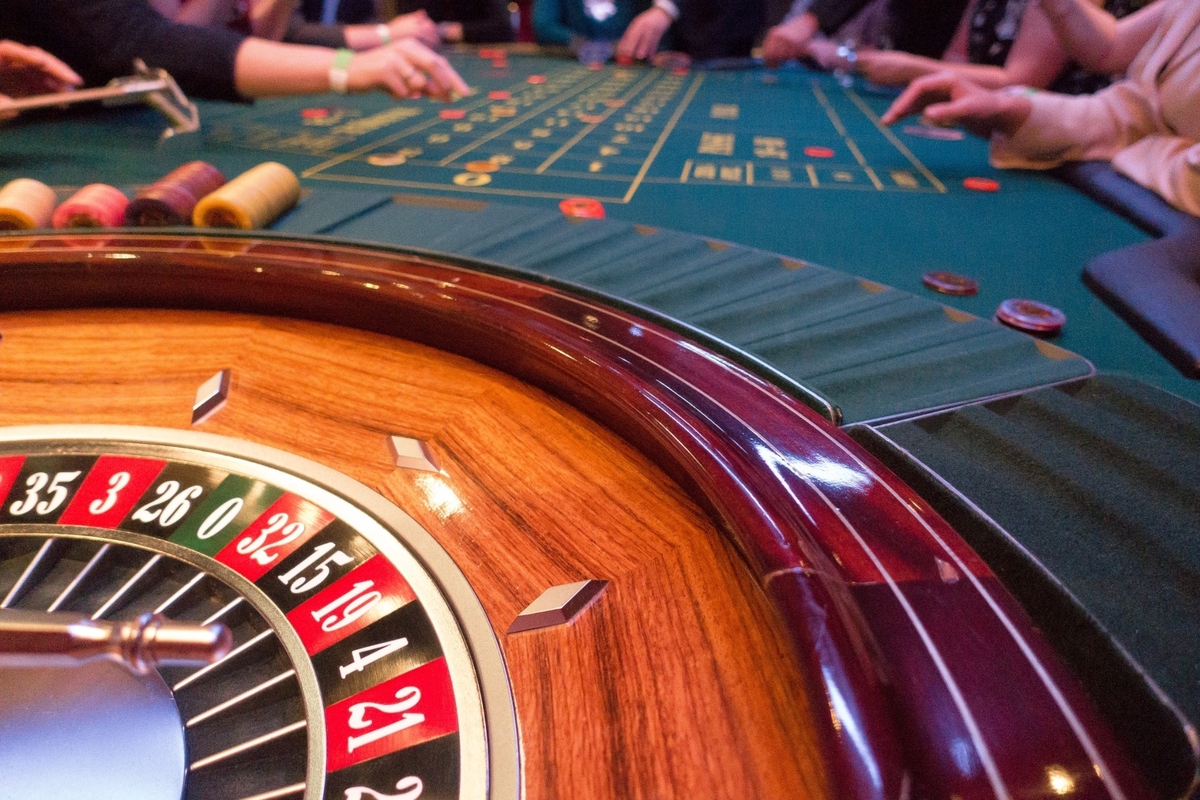Casino games have long been a engaging entertainment option, drawing countless of players from diverse cultures around the globe. From the glitzy casinos of the Strip to the busy gambling halls of the Chinese gambling capital, these games serve as a common thread that connects people across different backgrounds. The allure of luck, tactics, and gambling entices not only those seeking to gamble for profit but also those looking for a sense of community.
The influence of casino games extends significantly past the gaming floor. They often reflect the values and beliefs of the societies in which they thrive. Games such as Texas hold ’em, pontoon, and the spinning wheel have woven themselves into the tapestry of cultural phenomena, influencing everything from cinema to style. As we explore this intriguing intersection of chance and culture, we can gain insights into how these games shape and are influenced by the surrounding world.
Historical Progression of Gambling Games
The beginnings of casino games can be followed back to old cultures, where gambling in different forms was extensively engaged in. In Ancient China, around two thousand three hundred years before Christ, a type of gambling known as Keno was popular, while in old the Roman Empire, soldiers would often bet on the consequences of their games. The notion of using chance for fun and gain progressed over the centuries, leading to the creation of more organized activities. By the end of the Middle Ages, betting houses began to surface in the continent, especially in Italy, which brought forth early forms of well-liked games still practiced today.

As betting increased fame in European regions, the 17th and 18th centuries saw the appearance of gambling establishments as exclusive establishments for gambling. The earliest official casino, the Ridotto, was set up in the Venetian city in 1638, offering activities like the game of Baccarat and the game Faro. This era marked a significant pivoting point, as casinos commenced to welcome not just the high society but also the growing middle class. The refinement of activities increased, leading to the creation of new guidelines and variations that enriched the play experience.
In the 19th century, the era of industrialization and shifts in social conventions also altered the terrain of gambling games. The launch of the game of roulette and new slot machines pulled in a more diverse audience, and gambling establishments became seen as legitimate entertainment. This era witnessed the international spread of gaming, as casinos extended from the continent to the New World, culminating in the development of the famous Las Vegas Boulevard in the twentieth century. The progress of gambling games has progressed into the current era, integrating technology and online sites, making them available to a universal audience.
## Cultural Relevance across Diverse Societies
Gambling games have profound social importance within numerous communities throughout the world. In Las Vegas, the very fabric of the urban landscape is woven around gaming venues, where playing is not just a recreational activity but a fundamental aspect of social engagement and social interaction. The bright lights and dynamic atmosphere attract a vast audience, showcasing how gambling activities can impact local economical structures and cultural uniqueness. This setting transforms the notion of relaxation into an immersive experience that affects fashion, music, and even movies.
On the other hand, some communities treat betting with greater care, seeing it through the lens of ethical considerations and tradition. For example, in various Eastern societies, games like Mahjong and Pai Gow Gambling are full of history and possess significant social meanings. These games are often played during gatherings and festivities, fostering community bonds and reinforcing family ties. The act of playing these games goes above mere amusement, reflecting values such as deference to seniors and the importance of collective enjoyment. Bongdalu
Meanwhile, in continental countries such as the principality of Monaco and Italy, games of chance serve as symbols of luxury and refinement. The elegant atmosphere of these venues attracts both travelers and residents, maintaining a sense of distinction and exclusivity. The art of Texas Hold’em and the strategic elements of games like the game of baccarat are esteemed, shaping community relationships and cultivating an appeal that enthralls a diverse audience. This underscores how gambling can simultaneously mirror and influence cultural perspectives towards risk, benefit, and social interaction.
Economic Impact and Tourism
Casino games play a crucial role in the economic landscape of many areas, particularly those that rely heavily on visitor traffic. The revenue produced from casino operations fuels local financial systems, creating employment opportunities not only within the casinos themselves but also in connected industries such as hotel management, restaurant services, and entertainment. This influx of tourists, drawn by the allure of games and the overall gaming environment, stimulates spending across multiple local enterprises, contributing to the economic health of the region.
The presence of casinos often leads to the construction of facilities, including hotels, transportation systems, and recreational facilities. These developments are essential in enhancing the overall tourist experience, making locations more attractive to tourists. Additionally, many casinos contribute in local communities through sponsorship of activities and philanthropic initiatives, further integrating themselves into the social fabric of the region. Such contribution not only supports economic growth but also fosters a positive image of the casino industry.
In addition, the worldwide appeal of casino games drives tourism competition, with regions vying to attract players from around the world. Iconic destinations like Las Vegas and Macau have become identifiable with gambling culture, drawing millions annually. This competitive edge encourages innovation and variety within the gaming industry, influencing developments in leisure and accommodation that extend beyond their borders. The consequences of this visitor influx extend far, impacting local economies and cultural interactions on a worldwide scale.